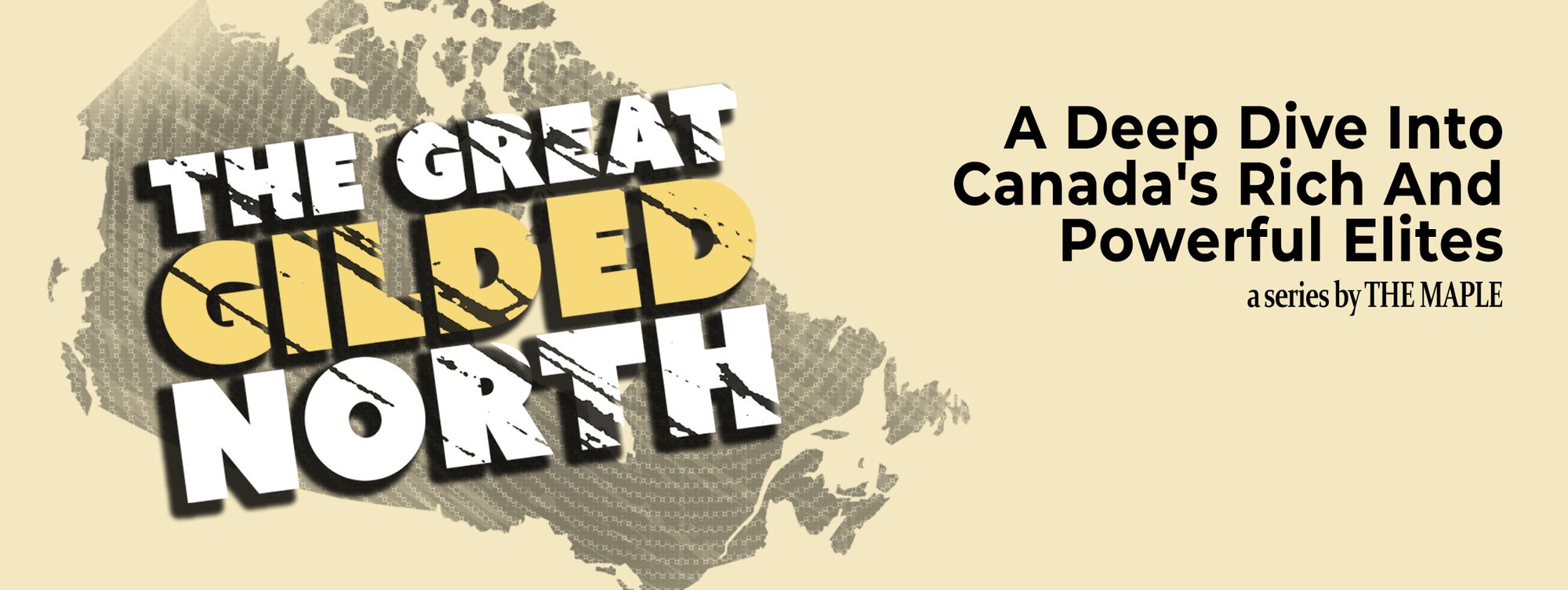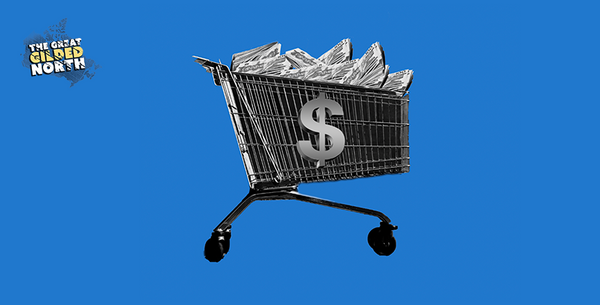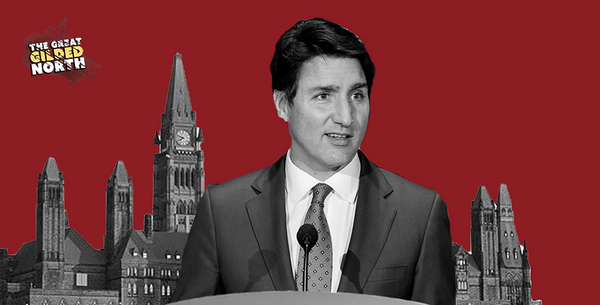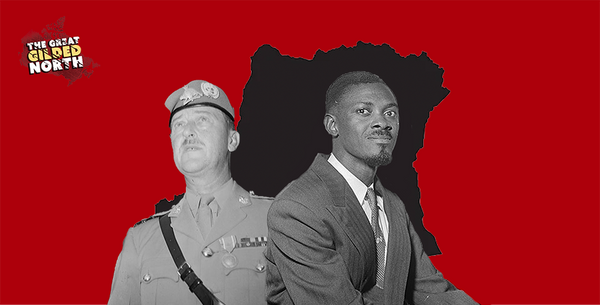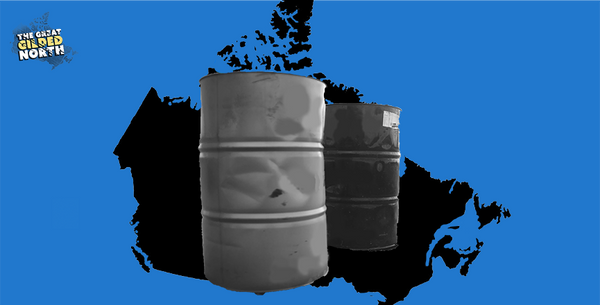By Alex Cosh
On September 28, 1941, during a baseball game at Montreal's Delorimier Stadium, the loudspeaker interrupted the fifth inning with an announcement: Sir Herbet Holt, an Irish-born banker and widely reviled corporate titan, had died.
According to a Maclean’s article published in 1958, the crowd briefly went quiet, before erupting into cheers.
Reportedly amassing assets worth almost $3 billion, along with a reputation for ruthlessness, Holt had been widely disliked by ordinary Canadians for much of his life. So reads the Maclean’s article:
“To most Canadians of his time, Holt represented an obsolescent business aristocracy which could easily be blamed for the country’s economic difficulties.”
In fact, Holt was reportedly so disliked that during a strike by the Canadian Union of Linemen and Helpers against his conglomerate of power companies in 1931 — in the midst of the Great Depression — newspapers in Montreal had his obituary prepared and ready to go to press, his life was threatened so frequently.
By the Montreal Gazette’s account, Holt — described by that paper as “arguably the most powerful” Canadian of his time — refused to sacrifice his morning walk to his office in the midst of the 1931 strike, and took his stroll surrounded by four bodyguards armed with rifles.
Holt’s holdings weren’t entirely immune to the effects of the depression, of course, but he ultimately left this world enshrined in myth as “the richest man in Canada.”
If this image of a rich and powerful man literally shielded from the worst repercussions of a devastating crisis sounds familiar, it might be because the past 18 months have shown us that little has fundamentally changed.
Holt owned literally hundreds of companies, including the life insurance giant Sun Life, according to the Gazette.
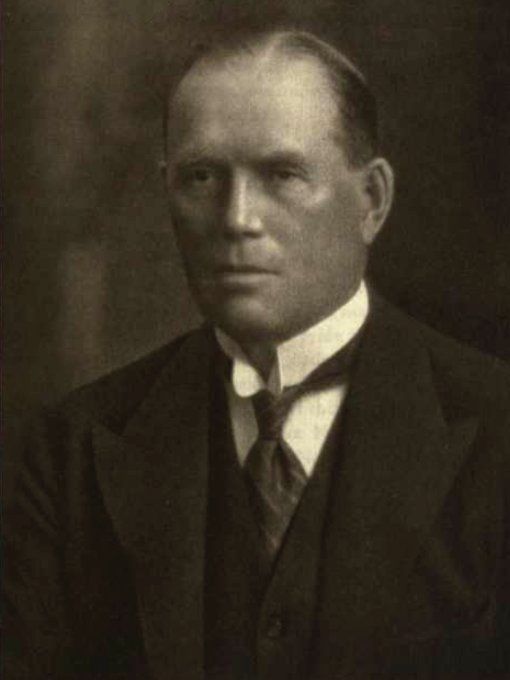
Since the onset of the COVID-19 pandemic — which has highlighted profound, pre-existing inequalities in Canada, particularly among working-class, low-income and racialized peoples — Sun Life is among the corporations that has seen its profits grow, despite paying out hundreds of millions of dollars in claims to the families of those killed by the virus.
The uptick in profits, The Globe and Mail reported last November, was fuelled in part by a 20 per cent increase in the company’s Asia division.
(Holt also owned Canadian Pacific railway, according to the Gazette, a company which experienced a slight dip at the beginning of the pandemic, but topped quarterly profit estimates back in July, the Globe reported).
The Richest Got Even Richer During The Pandemic
Close to 900,000 Canadian workers were recently cut off from the Canada Recovery Benefit with no alternative support available to many of them, even as employment rates have not yet fully recovered. Meanwhile, corporate executives have not only weathered the worst effects of the pandemic — many have seen their pay and bonuses boom.
In January 2021, the Canadian Centre for Policy Alternatives (CCPA) reported that heading into the pandemic, Canada’s 100 highest paid CEOs made 202 times more than the average worker in 2019.
According to the CCPA:
“That means by 11:17 a.m. on January 4, the first working day of the year, the average top paid CEO will have made as much money as the average Canadian worker will make all year — about an hour later than they did (in 2019).”
As well, more than one-third of the top paid 100 CEOs headed companies that received public dollars through the Canada Emergency Wage Subsidy (CEWS).
Back in August, the CCPA published another report which revealed top executives saw their total pay in 2020 increase by 17 per cent from the previous year, often through pandemic bonuses that surpassed salary pay cuts they may have accepted.
Times were even better during the pandemic for the richest of the rich. In September last year, economist Alex Hemingway and researcher Michal Rozworski reported that Canada’s top-richest 20 billionaires saw their combined wealth increase by $37 billion.
According to Hemingway and Rozworski, the biggest winners were the Thomson family (who saw an $8.8 billion increase), Shopify CEO Tobi Lutke (who saw a $6.6 billion increase) and Lululemon founder Chip Wilson (who saw a $3 billion increase).

Meanwhile, some billionaire-owned grocery giants — which saw massive profit surges during the pandemic first wave — opted to cut $2 per hour “pandemic pay” increases for workers who risked their health and safety by showing up to work during some of the deadliest days of the crisis.
In a story I wrote for PressProgress last year, Save-On-Foods owner Jim Pattison — the sixth richest man in Canada — said “I’m not involved” when asked about his company’s decision to cut worker pay.
Canadians for Tax Fairness (CTF), meanwhile, found earlier this year that 50 Canadian companies saw record profits during 2020.
Adding insult to injury, CTF analyst D.T. Cochrane explained in a Canadian Dimension article published back in May, “Despite enjoying record profits, most of the 50 companies managed to pay taxes below the statutory corporate income tax rate.”
Corporate Influence Prevails
It’s not just the grossly uneven distribution of wealth that has received extra attention during the pandemic — corporations and their lobby groups have flexed their muscles in the halls of power in an effort to sway policy-makers, too.
As reported by The Breach back in April, the Trudeau government formed a secretive working group with the powerful Canadian Association of Petroleum Producers at the beginning of the pandemic, giving oil company CEOs access to weekly meetings with deputy ministers from the departments of Natural Resources, Environment and Finance.
More recently, Jasmyne Eastmond reported in The Maple, business groups have sought to stop legislation granting paid sick days to workers in British Columbia.
With the leak of Pandora Papers earlier this month, the world also saw how wealthy elites continue to hide their assets in secretive offshore entities with relative impunity. Speaking to The Maple, economist Angella MacEwen said an old boys club culture — and the ability of the upper classes to pay for top-notch lawyers — has stymied efforts to crack down on tax avoiders in Canada.

“It's like there's a separate set of rules for people who can afford to buy these services,” said MacEwen.
And all of this is just the tip of the iceberg.
When we at The Maple started looking into this topic, we quickly realized that properly understanding how the rich and powerful in Canada maintain their fortunes and influence would require much more than just a couple of articles.
So we launched The Great Gilded North: A Deep Dive Into Canada’s Rich And Powerful Elites.
Starting next month and through to the holidays, we’ll be commissioning some of the best and up and coming journalists in the country to explore this topic from as many different angles as possible: From real estate tycoons, and oil and gas barons, to corporate media empires, political family dynasties, and the love affair between members of the Canadian establishment and the far-right.
We’ll also interview some of the journalists in a podcast mini-series, digging deeper into their topics and mapping out who really runs this country.
Want to support this series? Consider signing up for our daily newsletter for as little as $4 per month, or consider making a contribution to our Freelancer Fund, which we’ll use to hire journalists to write these stories.
Alex Cosh is the managing editor of The Maple.
